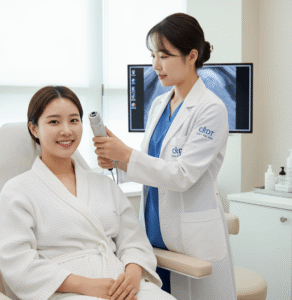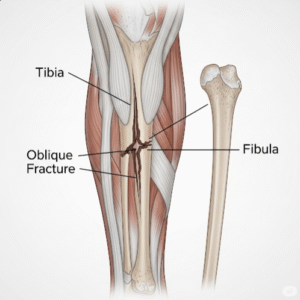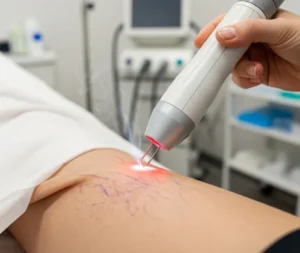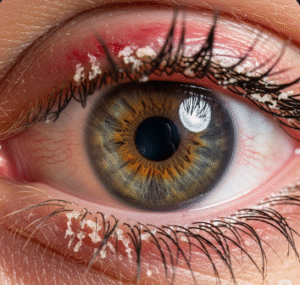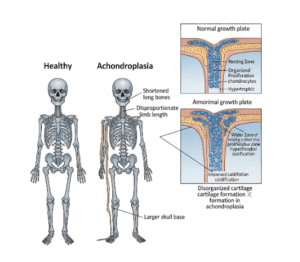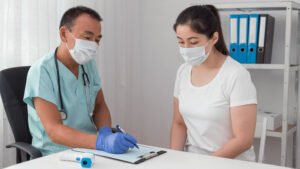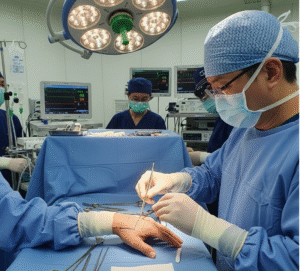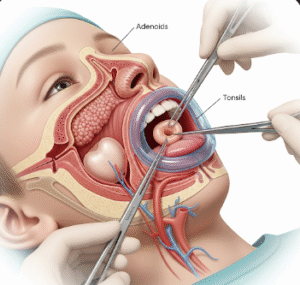Overview
Haemorrhoids are swollen veins in the lower rectum or anus that can cause discomfort, pain, and bleeding. In Korea, they are a common condition affecting adults of all ages. With modern medical care, minimally invasive procedures and lifestyle interventions are widely available to manage symptoms and prevent recurrence.
What is Haemorrhoids?
Haemorrhoids, also known as piles, are enlarged blood vessels in the anal canal or rectum. They are classified as internal (inside the rectum) or external (under the skin around the anus). The condition can affect both men and women, with prevalence increasing with age and certain lifestyle factors.
Symptoms
- Pain or discomfort around the anus
- Itching or irritation in the anal region
- Swelling or a lump near the anus
- Bright red blood during bowel movements
- Leakage of feces or difficulty cleaning after defecation
- Mucus discharge in some cases
Causes
- Straining during bowel movements or chronic constipation
- Prolonged sitting or sedentary lifestyle
- Pregnancy and increased pressure on rectal veins
- Obesity or poor dietary habits
- Chronic diarrhea or repeated bowel irritation
Risk Factors
- Age over 40 years
- Pregnancy and childbirth
- Low-fiber diet
- Obesity and lack of physical activity
- Chronic straining or constipation
- Family history of haemorrhoids
Complications
If untreated, haemorrhoids can lead to:
- Persistent pain or discomfort
- Chronic bleeding and anemia
- Thrombosed haemorrhoids causing severe swelling and pain
- Anal prolapse in severe internal haemorrhoids
- Infection or ulceration in rare cases
Prevention
- Eat a high-fiber diet including fruits, vegetables, and whole grains
- Drink adequate water to maintain hydration
- Avoid prolonged sitting or straining during bowel movements
- Engage in regular physical activity
- Respond promptly to early symptoms and seek medical advice
Treatment Options in Korea
Haemorrhoids in Korea are treated using a range of conservative and surgical approaches depending on severity:
- Lifestyle and dietary management: Increasing fiber intake, hydration, and regular exercise are recommended initially.
- Medications: Topical creams, suppositories, and oral pain relievers are available for symptom relief.
- Minimally invasive procedures: Rubber band ligation, sclerotherapy, and infrared coagulation are performed in hospitals like Samsung Medical Center, Asan Medical Center, and Seoul National University Hospital.
- Surgical intervention: For severe or recurrent cases, haemorrhoidectomy or stapled haemorrhoidopexy is performed under general or spinal anesthesia.
- Follow-up care: Regular check-ups ensure healing, monitor for recurrence, and provide dietary or lifestyle guidance.
With early intervention and proper management, haemorrhoids are highly treatable in Korea, and most patients experience relief with minimal disruption to daily life.




